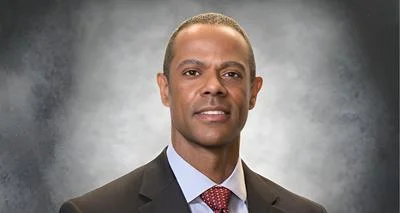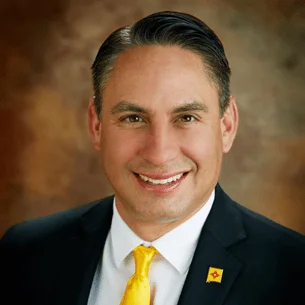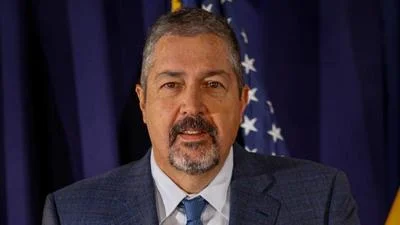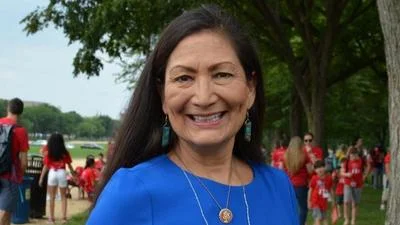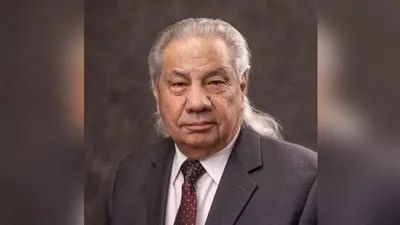Bill Sharer, Senate Republican Leader of New Mexico State Senate District 1, said in a press release that the New Mexico Environmental Improvement Board's proposed heat-related workplace regulations would impose unnecessary burdens on vital industries.
"If the New Mexico Environmental Improvement Board (EIB) gets its way, our state's businesses and vital employees aren't in for much of a vacation," said Sharer. "The Governor and the EIB think you're too stupid to know when you need to take a drink of water. Until we change the current leadership in our state and rethink the power we give these unelected boards, our business community will continue to suffer."
According to the press release, New Mexico’s Environmental Improvement Board is considering a "Heat Illness & Injury Prevention Rule" that would mandate strict employer protocols such as temperature logging, mandatory water intake, and rest periods for outdoor workers in industries like agriculture, construction, and oil and gas. Critics argue the rule exceeds federal Occupational Safety and Health Administration (OSHA) standards and disregards existing union contracts and workplace safety policies already in place. Opponents suggest the proposed rule could hamper productivity and economic growth by imposing rigid, one-size-fits-all requirements on seasonal industries with tight operational deadlines.
The Pinon Post reports that New Mexico presents challenges for businesses due to its complex tax structure, particularly the Gross Receipts Tax (GRT), which applies to both goods and services and can result in higher effective tax rates compared to traditional sales taxes. This tax structure, combined with other factors, has led to New Mexico ranking 47th overall in business climate among U.S. states, according to CNBC’s "Top States for Business" rankings. The state's lower rankings are attributed to high tax burdens and limited growth opportunities.
As per the New Mexico Department of Agriculture, many New Mexico businesses, especially in agriculture, construction, and oil and gas, operate under tight seasonal deadlines due to the state's climate and regulatory environment. For instance, agricultural producers must align their activities with specific timelines, such as applying for internship funding through the New Mexico Department of Agriculture's Agricultural Workforce Development Program. This program opens on June 17, 2024, requiring funds to be expended by May 31, 2025. Similarly, oil and gas operators face compliance deadlines under the state's Ozone Precursor Rule necessitating calculations of facility-wide potential emissions by August 2024. These time-sensitive obligations underscore the challenges businesses face in balancing operational demands with regulatory requirements.
According to the New Mexico Legislature records, Sharer has served as a Republican member of the New Mexico State Senate representing District 1 since 2001. Born in Albuquerque in 1959, he grew up in Farmington, New Mexico. Sharer is a U.S. Army veteran and has been involved in various legislative committees including Corporations & Transportation and Conservation.




